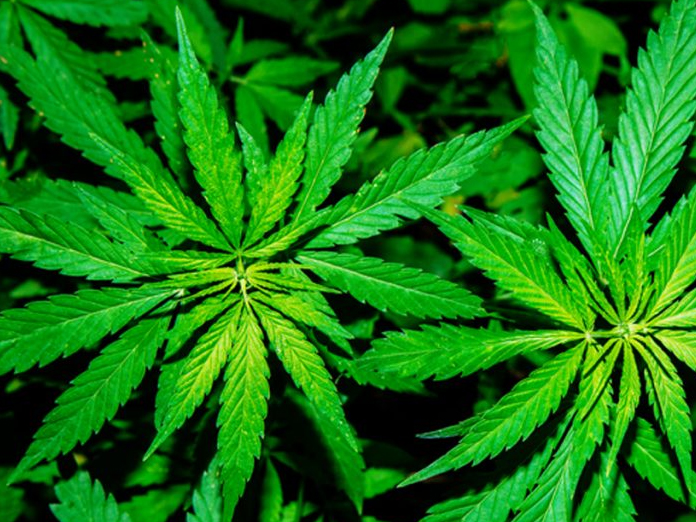Elderly to consume marijuana with caution

With marijuana being legalised across North America, there is a changing perception that sees people believing that weed is the safest recreational drug However, those assumptions are now challenged in an article in the Canadian Journal of Cardiology that examine the story of a patient who developed chest pain and myocardial ischemia after consuming most of a marijuana lollipop
Washington: With marijuana being legalised across North America, there is a changing perception that sees people believing that weed is the safest recreational drug. However, those assumptions are now challenged in an article in the Canadian Journal of Cardiology that examine the story of a patient who developed chest pain and myocardial ischemia after consuming most of a marijuana lollipop.
Speaking about it, expert Alexandra Saunders said, “Marijuana can be a useful tool for many patients, especially for pain and nausea relief. At the same time, like all other medications, it does carry risk and side effects. In a recent case, inappropriate dosing and oral consumption of marijuana by an older patient with stable cardiovascular disease resulted in distress that caused a cardiac event and subsequent reduced cardiac function.”
According to the report, a 70-year-old man with stable coronary artery disease, taking appropriate cardiac medications at most of a lollipop infused with 90 mg of THC (delta-9-tetrahydrocannabinol) to relieve pain and help sleep. However, it led him to have a potentially serious heart attack.
He consumed a much larger dose than the 7 mg that is typically ingested by smoking a single joint or taking the 2.5 mg starting dose of dronabinol (Marinol), a synthetic THC marketed for nausea and appetite stimulation in AIDS and cancer patients.
While the patient had smoked marijuana in his youth, he had not done so since the THC content of the substance had increased significantly from three percent to 12 per cent. He was also not familiar with the time-delayed and extended effect of oral THC dosing.
The cardiac event was likely triggered by unexpected strain on his body from anxiety and fearful hallucinations caused by the unusually large amount of THC he ingested. After the psychotropic effects of the drug wore off, and his hallucinations ended, his chest pain stopped.
Notably, a number of earlier case reports have described the association between cannabis use and acute cardiovascular (CV) adverse events, including myocardial infarction, stroke, arrhythmias, and sudden death. Speaking about it, the editorial author Neal L. Benowitz said, “The legalisation of cannabis has considerable public support but also raises public health concerns.”
Benowitz added, "Some users may benefit from the social and medical effects but others will be at risk for adverse health outcomes. Little information has been disseminated to patients or healthcare providers about cannabis use in older patients, and in particular those with cardiovascular disease. For better or worse, providing advice and care to such patients who are using cannabis is now necessary for the provision of optimal medical care to these patients."








